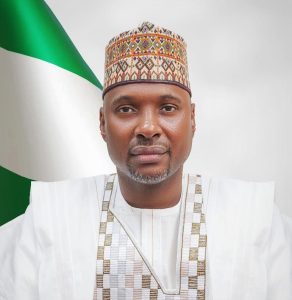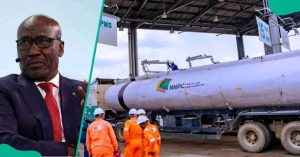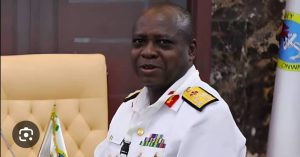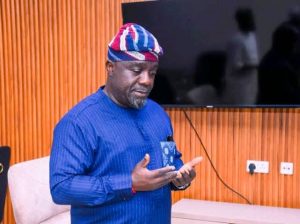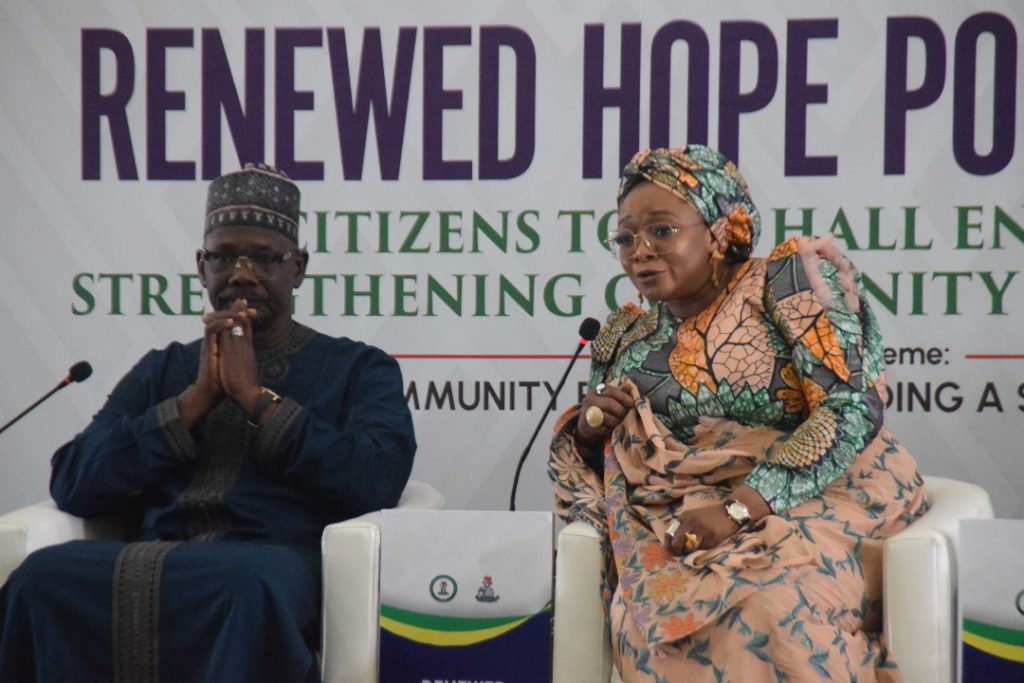
The Minister of State for Police Affairs, Hajia Imaan Sulaiman Ibrahim, has said that townhall engagements across the country would catalyze grassroots understanding of security dynamics and foster community-specific solutions.
She stated this according to a statement by Deputy Director, Information & Public Relations, Mr. Bolaji Kazeem, and made available to the National Association of Online Security News Publishers (NAOSNP), during the Renewed Hope Police Agenda: Citizens Town Hall Engagement on Strengthening Community Policing in Nigeria with the theme; Community Policing: Building A Safer Nigeria Together, held at the Alhaji Aliyu Akwe Doma Banquet Hall Nasarawa State Government House, Lafia.
The Minister stated that security is inherently local, and people’s approach must reflect an appreciation for each community’s distinct characteristics, challenges and strengths.
In her words, “Security is local, and we must acknowledge and embrace the unique dynamics of each community in ourpursuit of a safer nation. Today’s town hall is a reflection of the significant shift in our approach to policing. As you may be aware, Section 14(2)(b) of the Constitution of the Federal Republic of Nigeria 1999 puts the security and welfare of our people as the government’s priority”.
Imaan added that Mr. President Bola Ahmed Tinubu has placed security at the centre of the administration’s eight(8) priorities, and they have commenced the implementation of the Renewed Hope Police Agenda, which will ensure that our police force is strategically positioned to fulfill its mandate.
According to her, “At the heart of this Renewed Hope Police Agenda is the implementation of a community policing strategy that is designed based on local peculiarities and considerations, withthe full participation of members of the various communities and stakeholder blocks, to ensure inclusivity and full ownership. The Minister of State opined that NasarawaState is unique in terms of security. The state is home to a very diverse andrapidly growing community.
She noted that Nasarawa has substantial mineral deposits that attract both local and international attention. Its proximity tothe Federal Capital Territory (FCT) brings significant socio-economicopportunities but also increases the security burden. She stressed. Imaan reiterated that the Renewed Hope Police Agenda for Nasarawa State, therefore, seeks to build on local efforts while supporting the existing collaborations that have made Nasarawa a shining example of effective security measures within the North Central Region.She outlined the six foundational pillars that serve as strategic frameworks carefully designed to redefine andstrengthen the Nigeria Police Force such as Technical and Operational Excellence: Infrastructure Advancement: Welfare Enhancement: Policy Framework Development: Policy Framework Development and Re-branding, Strategic Communication, and Public Trust Management. The National Chairman of the Police Community Relations Committee (PCRC), Alhaji Mogaji Ibraheem Olaniyan represented by the National Vice Chairman, Don Kenneth Otuonunyo, stated that police are the main focus in policing, and security revolves around them, noting that there is a wide gap between Nigeria Police Force and the society, making policing difficult in the country.
He added that the community must be ready to collaborate with the police by giving necessary information that will enhance their performance. Police work 24 hours every day without break, and they need support and encouragement to succeed.
In his remarks, the Executive Governor of Nasarawa State, Engr. Abdullahi A. Sule, said that the state is willing to collaborate with the Ministry of Police Affairs and NigeriaPolice Force to enhance policing in Nigeria and urged the private sector andother relevant stakeholders to support the Renewed Hope Police Agenda to achieveits objectives.
In his welcome remarks, the Inspector General of Police IGP Kayode Adeolu Egbetokun, represented by the Deputy Inspector General, (Intelligence), DIG Dasuki Galadachi, revealed that the Inspector General of Police in conjunction with the United Nations Development Programme (UNDP) has approved the Crime Data Analysis and Mapping in all the local government in the country.





